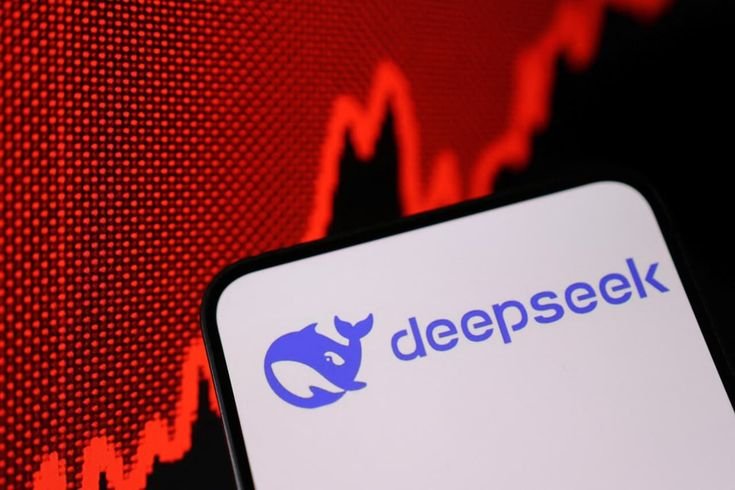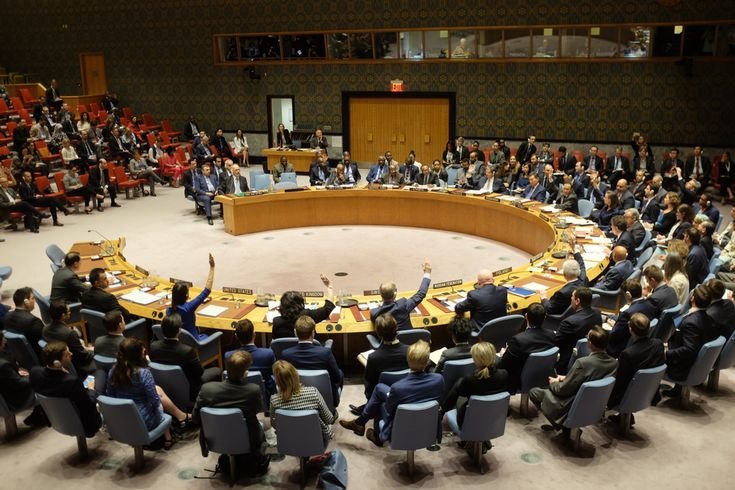South Korea has halted new downloads of China’s DeepSeek AI chatbot, citing privacy concerns. The country’s Personal Information Protection Commission announced that the app was removed from Apple’s App Store and Google Play until compliance measures are put in place to align with South Korean data protection laws.
A Meteoric Rise Followed by Scrutiny
DeepSeek became an overnight sensation in South Korea, topping app store charts with over a million weekly users after making global headlines. However, its rapid adoption triggered concerns among international regulators, leading to bans and restrictions in several countries.
National Security and Data Protection Fears
The South Korean government’s decision follows similar actions by other nations, including Taiwan and Australia, which have prohibited DeepSeek on government devices due to national security risks. In the United States, lawmakers have introduced a bill aiming to ban the app from federal devices, with states like Texas, Virginia, and New York already enforcing restrictions on their employees.
Ongoing International Investigations
Italy’s data protection agency, which briefly banned ChatGPT in 2023, has taken similar steps against DeepSeek. France and Ireland’s regulators are also questioning the company about its data storage practices, particularly regarding whether user information is stored on Chinese servers, as its privacy policy suggests.
DeepSeek’s Competitive Edge in AI
DeepSeek’s large language model (LLM) has drawn attention for its advanced reasoning capabilities, reportedly matching leading US models like OpenAI’s GPT-4 while operating at a fraction of the cost. This efficiency has sparked debate over the massive investments being funneled into AI infrastructure in the US and other regions.
Future of DeepSeek in South Korea
Despite the suspension, existing DeepSeek users in South Korea can still access the chatbot on their devices or through the company’s website. The app will be reinstated on app stores once it meets South Korea’s data protection requirements, though its future remains uncertain amid rising global concerns over AI governance and security.



